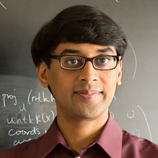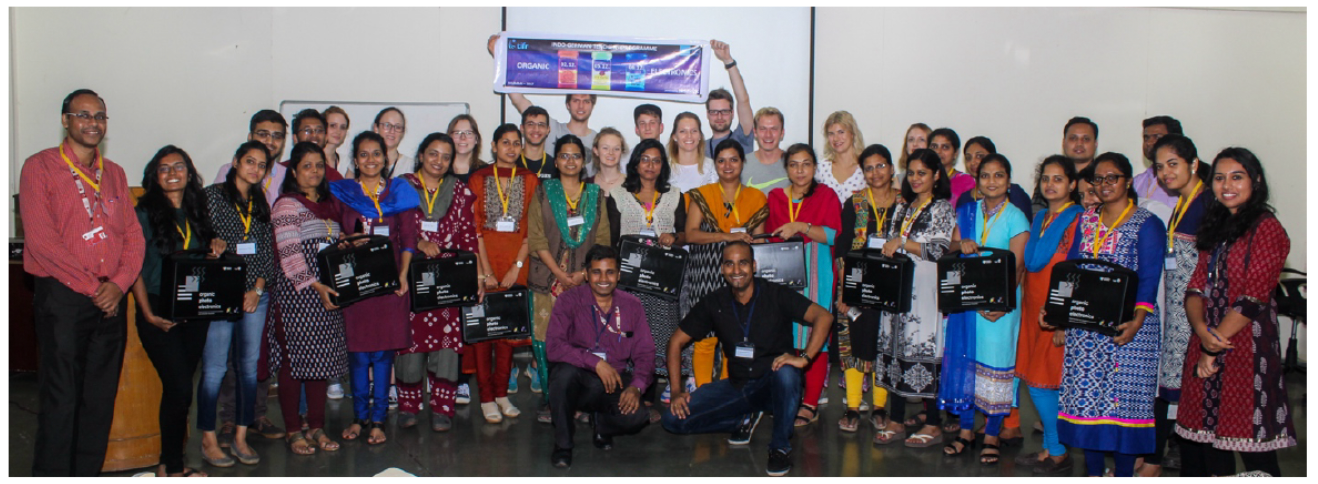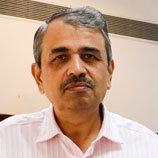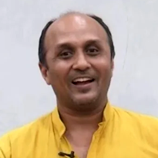Chemistry Education Research (CER) Based
Capacity Building Programmes for Chemistry Teachers at UG Level
Savita Ladage
Homi Bhabha Centre for Science Education (TIFR), Mumbai, India
savital@hbcse.tifr.res.in
Since its inception, the field of Chemistry Education Research (CER) has been addressing issues at the intersection of teaching and learning of chemistry at various levels of education. With primary aim to understand and improve chemistry learning, the work done in the CER field provides valuable insights to teachers, curriculum planners and policy makers engaged with chemistry education.
In Indian context, for chemistry teachers entering into the teaching profession at undergraduate (UG) level, it is not mandatory to have educational degrees like Bachelor or Master of Education. Thus, even though they are content experts, their exposure to pedagogical dimension and related areas is often limited. For innovation in classroom practices, assessment methods and development of instructional material, orientation of chemistry teachers teaching at UG level to research and development work in CER is required and will be useful. Thus, the Capacity Building Programmes (CBP) for chemistry teachers teaching at UG level needs to integrate dimensions such as teaching-learning challenges associated with chemistry as a discipline, key ideas associated with domains like chemistry lab education, problem solving and conceptual understanding in chemistry. It is important to critically reflect about such dimensions that can be included for CBP at UG level, as this is relatively less explored area in Indian context.
In the recent past, due to national efforts like Pandit Madan Mohan Malviya National Mission on Teachers and Teaching (PMMMNMTT), there is relatively more sensitisation about the pedagogical dimension among chemistry teacher community teaching at UG level. Various higher education institutions (e.g. IISERs) are venturing into CBP for chemistry teachers teaching at UG level. Additionally, the well-established global bodies associated with chemistry education like Royal Society of Chemistry (RSC) and American Chemical Society (ACS) are venturing in CBP and STEM education scenario in India. In addition to institutions like IISERs, IITs, academic autonomy is now also being granted to several state colleges affiliated to university systems. Thus, currently, the faculty members from diverse institutions have more freedom w.r.t. designing curricular content, its implementation and innovating the classroom assessment practices. The chemistry teacher community teaching at UG level in India today is more open and receptive towards innovations related to teaching-learning processes and associated aspects. Additionally, the National Education Policy (NEP) 2020 emphasises learner–centric approaches at UG level.
In this context, chemistry group at HBCSE has been conducting CBP with ideas derived from CER studies. The current talk, while reflecting on discipline specific challenges associated with chemistry, will also present our learnings based on the CBP experiences. These learnings give perspectives that can be useful for meaningful and required changes in existing curricula, assessment methods and teaching-learning practices in Indian context.










